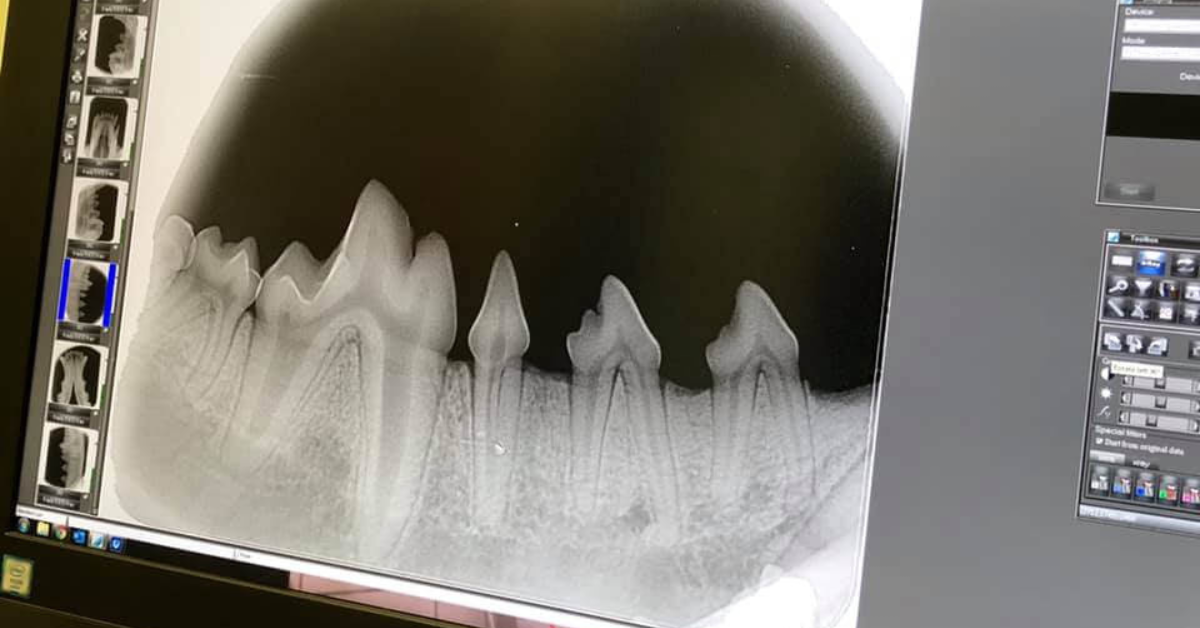CUSHING’S DISEASE IN DOGS
Cushing’s Disease, also known as hyperadrenocorticism, is a hormonal disorder that affects dogs. It occurs when the adrenal glands produce an excessive amount of cortisol, a hormone that helps regulate the body’s metabolism, immune system, and stress response. This overproduction of cortisol can result in a variety of symptoms and health issues for the affected canine.
The primary causes of Cushing’s Disease in dogs are as follows:
- Pituitary-dependent hyperadrenocorticism: This form of the disease accounts for approximately 80-85% of cases. It is caused by a benign tumour on the pituitary gland, which stimulates the adrenal glands to produce excessive cortisol.
- Adrenal-dependent hyperadrenocorticism: This form of the disease is caused by a tumour on one or both of the adrenal glands. This type of Cushing’s Disease is responsible for 15-20% of cases.
- Iatrogenic Cushing’s Disease: This form occurs as a side effect of long-term administration of corticosteroid medications.
The symptoms of Cushing’s Disease in dogs may include:
- Increased thirst and urination
- Increased appetite
- Panting
- Abdominal enlargement or “pot-bellied” appearance
- Lethargy or decreased activity
- Muscle weakness or atrophy
- Thinning hair or hair loss
- Susceptibility to infections
Diagnosis of Cushing’s Disease in dogs typically involves blood tests, urine tests, and imaging studies, such as X-rays or ultrasounds. If the disease is confirmed, further tests may be performed to determine the specific cause and the most appropriate treatment.
Treatment options for Cushing’s Disease in dogs depend on the underlying cause. Pituitary-dependent hyperadrenocorticism may be treated with medications that regulate cortisol production or, in some cases, radiation therapy to shrink the pituitary tumour. Adrenal-dependent hyperadrenocorticism may be treated with surgery to remove the affected adrenal gland(s) or with medication. Iatrogenic Cushing’s Disease can often be resolved by gradually reducing and eventually discontinuing the corticosteroid medication, under the guidance of a veterinarian from Concord Veterinary Hospital.
Early diagnosis and treatment of Cushing’s Disease in dogs are essential for managing the condition and improving the quality of life for the affected pet. With proper care, many dogs with Cushing’s Disease can lead relatively normal, healthy lives.
OUR OTHER SERVICES
How Can We Help Your Pet
Explore Our Veterinary Care Services










